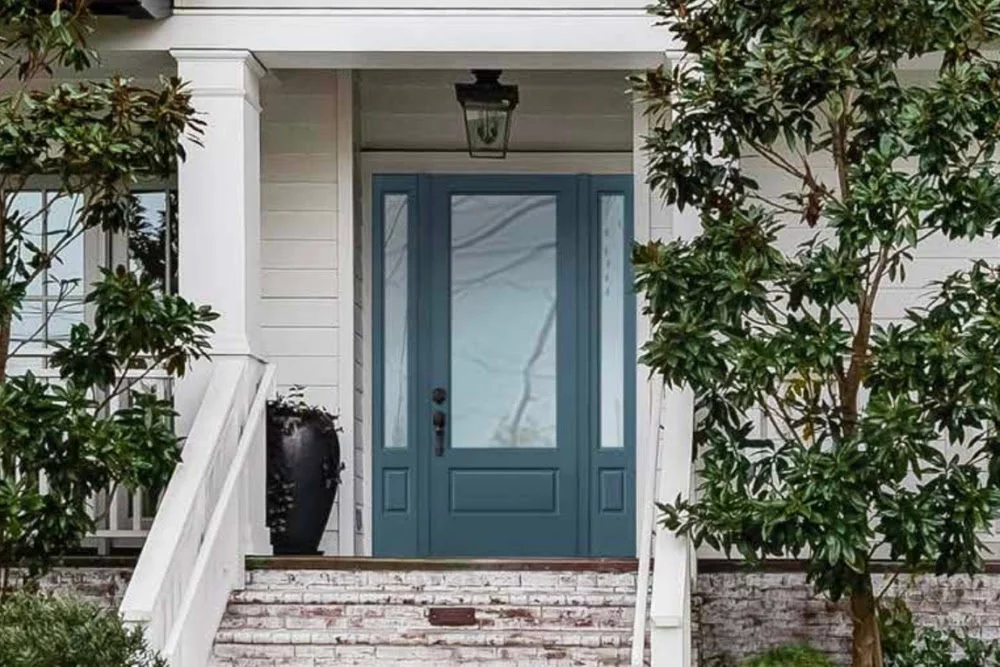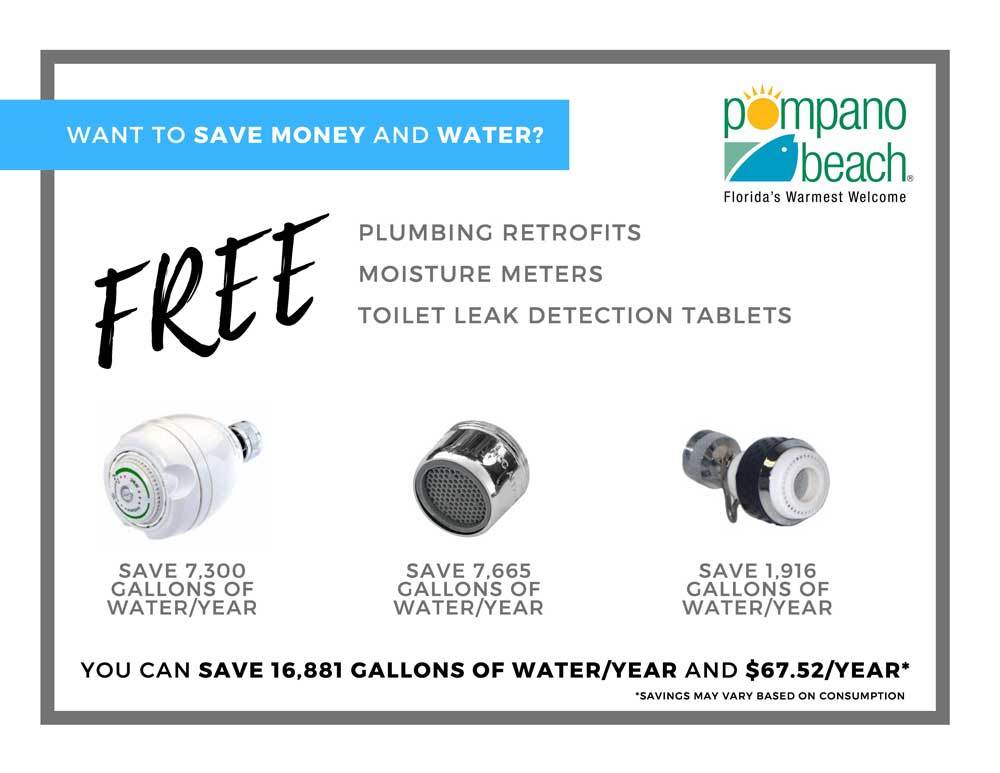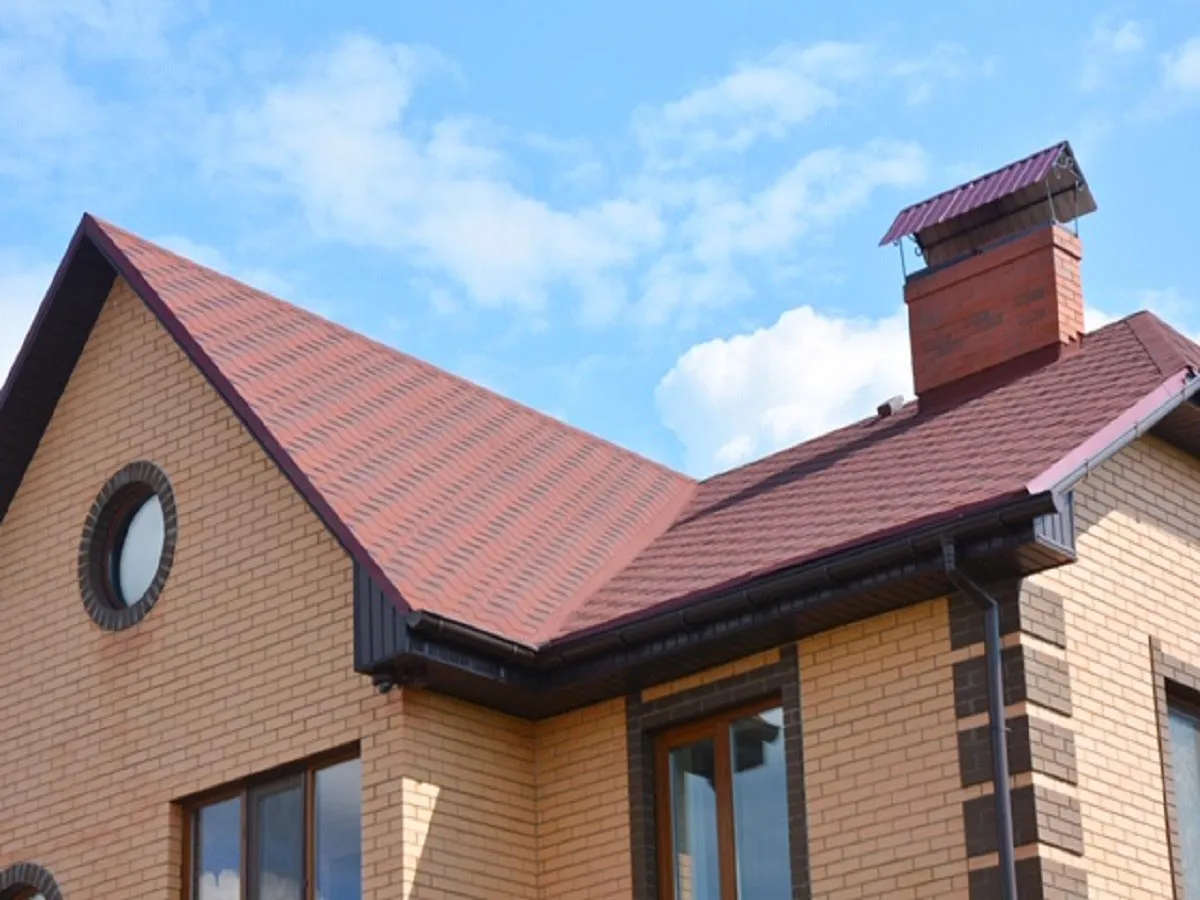When living in South Florida, your home’s exterior door isn’t just an entryway. It’s a critical barrier that can protect you from extreme weather, especially hurricanes. South Florida is known for its unique weather conditions, so there are specific requirements in place to ensure doors are strong, safe, and up to code. Whether you’re building a new home or replacing an old door, knowing what are the requirements for exterior doors in South Florida is crucial. In this article, we’ll dive into these requirements, explaining them in a simple, easy-to-understand way.
Why Are Exterior Door Requirements Important in South Florida?
South Florida is one of the most hurricane-prone regions in the United States. Homes here need extra protection from powerful winds and flying debris. This is where exterior door requirements come into play. These requirements help ensure that doors are tough enough to withstand the harsh weather conditions.
In fact, if your exterior door does not meet these standards, it could pose a serious safety risk. During a hurricane, a weak door can easily blow off or break, exposing your home to the storm. Therefore, the requirements for exterior doors are in place to protect both property and people.also read How to Edit Faculty Profile at Florida Tech
Understanding the South Florida Building Code
To make sure that buildings, including homes, are safe and durable, South Florida follows the Florida Building Code (FBC). The FBC outlines the specific rules and guidelines for building or remodeling in the region. Exterior doors fall under these rules because they are considered a crucial part of the structure.
The requirements for exterior doors in South Florida are based on the type of home, the location, and the type of door being used. All doors must meet minimum standards for things like wind resistance, impact resistance, and energy efficiency. These standards are especially important in areas like Miami-Dade and Broward counties, which have stricter codes due to their exposure to hurricanes.
Wind Resistance Requirements for Exterior Doors
One of the most important factors when choosing an exterior door in South Florida is wind resistance. Due to hurricanes, doors must be able to withstand strong winds. The FBC specifies that doors should be able to resist winds of up to 150 miles per hour or more, depending on the location of the home.
There are two types of wind-resistant doors:
- Wind-rated doors – These doors are specifically tested to ensure they can handle high winds without breaking or failing.
- Impact-rated doors – These are designed to not only handle high winds but also to withstand flying debris. This is critical during hurricanes when objects can become airborne and cause significant damage.
If your home is in a high-velocity hurricane zone (HVHZ), such as Miami-Dade, you will likely need an impact-rated door.
Impact Resistance Requirements
Another essential requirement for exterior doors in South Florida is impact resistance. Hurricane-force winds can cause debris to fly through the air, potentially breaking windows and doors. If your exterior door is not impact-resistant, your home could be vulnerable.
Impact-resistant doors are specially designed to withstand the force of flying debris without breaking. This is achieved through a combination of strong materials, reinforced glass, and special door frames. In South Florida, especially in the HVHZ, using an impact-resistant door is often mandatory.
These doors are tested by firing objects like wooden blocks at them at high speeds. If the door can withstand the impact without shattering or breaking, it passes the test. It’s not just about the door panel either – the door frame and hardware must also meet the same high standards.
Material Requirements for Exterior Doors
The material of the door plays a big role in meeting the requirements for exterior doors in South Florida. Not all materials are suited for the region’s climate, so choosing the right one is important. Here are some common materials used for exterior doors in South Florida:
- Fiberglass: This is one of the best materials for exterior doors in South Florida. It’s durable, weather-resistant, and can be made impact-resistant. Fiberglass doors are also energy-efficient and can handle the salty, humid air that’s common near the coast.
- Steel: Steel doors are strong and highly resistant to impacts, making them a great choice for hurricane-prone areas. However, they may require regular maintenance to prevent rust, especially in coastal areas where salt in the air can cause corrosion.
- Wood: Wood doors are not as common in South Florida because they can warp or crack in the humid climate. However, with proper treatment and maintenance, wood can be used. It’s important to choose a high-quality, weather-treated wood door if you go this route.
- Aluminum: Aluminum doors are lightweight and resistant to corrosion, making them a good option for homes near the coast. They are also strong enough to be used in hurricane-rated doors, but like steel, they can dent or scratch easily.
Energy Efficiency Requirements
South Florida is not only known for hurricanes but also for its heat. That’s why energy efficiency is another important factor to consider when installing an exterior door. An energy-efficient door helps keep your home cool by preventing hot air from coming in and cool air from escaping. This can also reduce your energy bills.
Exterior doors in South Florida must have proper insulation, and most come with energy ratings that indicate how well they can keep the heat out. Look for doors with low U-factor and Solar Heat Gain Coefficient (SHGC) ratings. These ratings measure how well a door prevents heat from passing through.
Door Installation Requirements
It’s not just about the door itself – how the door is installed matters just as much. In South Florida, doors must be installed properly to meet building codes. This includes using the right kind of hardware, seals, and frames.
If you’re installing an exterior door, it’s important to hire a licensed contractor who is familiar with the requirements for exterior doors in South Florida. They will know how to make sure the door is properly secured and sealed, ensuring it can withstand hurricanes and the elements.
Florida Product Approval
To ensure that exterior doors meet the high standards set by the FBC, they must go through the Florida Product Approval system. This system tests and certifies products, including doors, to make sure they meet all safety and performance requirements.
When buying a door, look for the Florida Product Approval label. This guarantees that the door has been tested and approved for use in South Florida. It’s an easy way to know that your door is up to code and will provide the protection your home needs.
Choosing the Right Exterior Door for Your Home
With all these requirements in mind, choosing the right exterior door for your home in South Florida might seem overwhelming. However, it doesn’t have to be. The key is to look for a door that meets the wind and impact resistance standards, is made from durable materials, and is energy-efficient.
Consider where your home is located – if you’re in a high-velocity hurricane zone, you’ll need an impact-resistant door. For homes closer to the coast, materials like fiberglass or aluminum may be the best choice. And don’t forget about the installation process – make sure your door is installed by a professional who knows the local building codes.
Conclusion
In South Florida, your exterior door is more than just an entryway. It’s a critical part of your home’s safety and structure. Knowing what are the requirements for exterior doors in South Florida is essential if you want to protect your home from hurricanes, heat, and other elements.
By choosing a door that meets the wind and impact resistance standards, is made from the right materials, and is properly installed, you can ensure that your home is safe, secure, and energy-efficient. Whether you’re building a new home or replacing an old door, always make sure to follow the Florida Building Code and choose a door that’s approved for use in South Florida.





